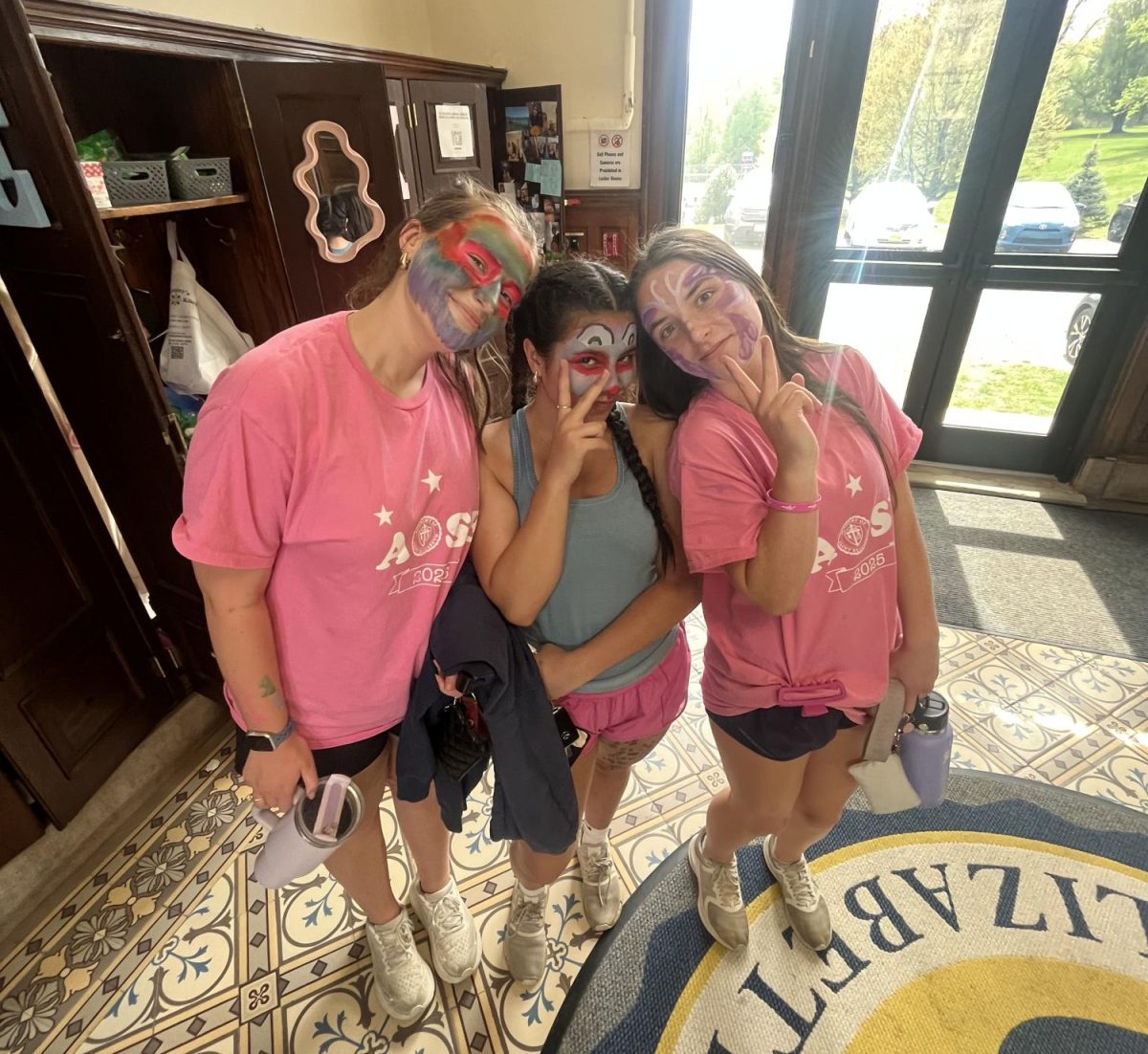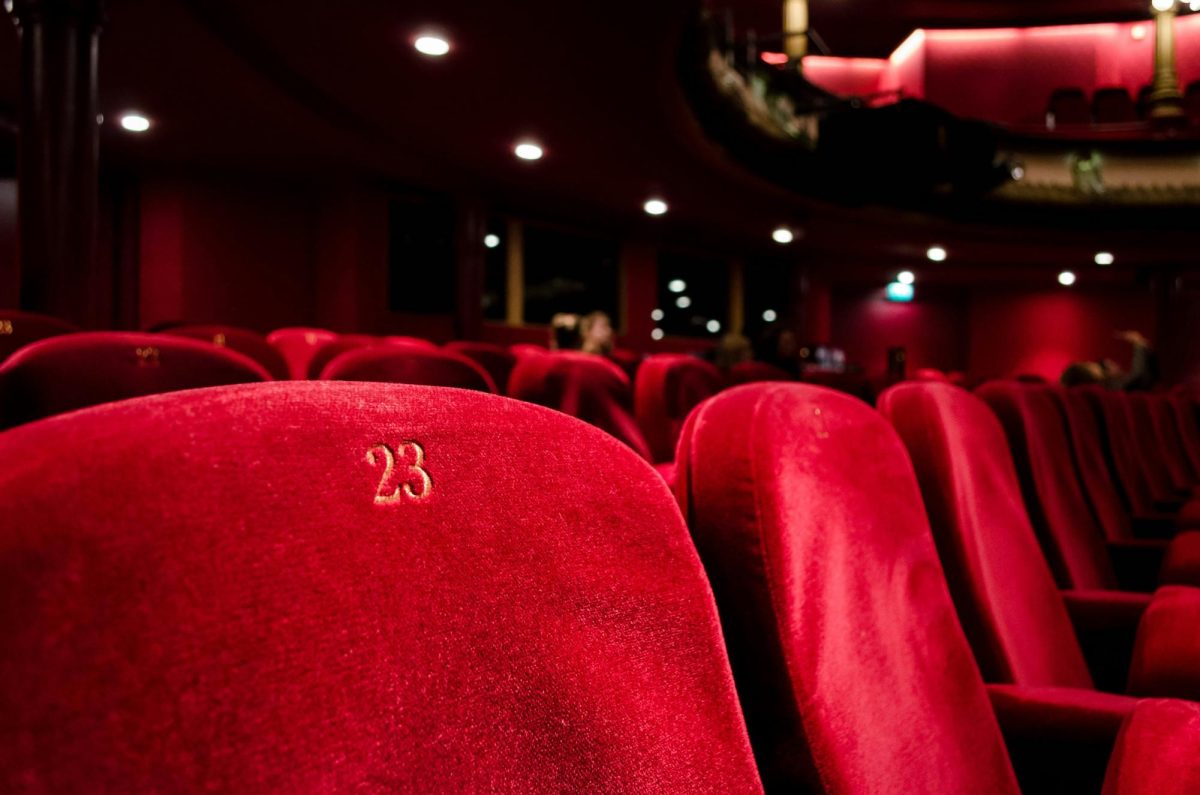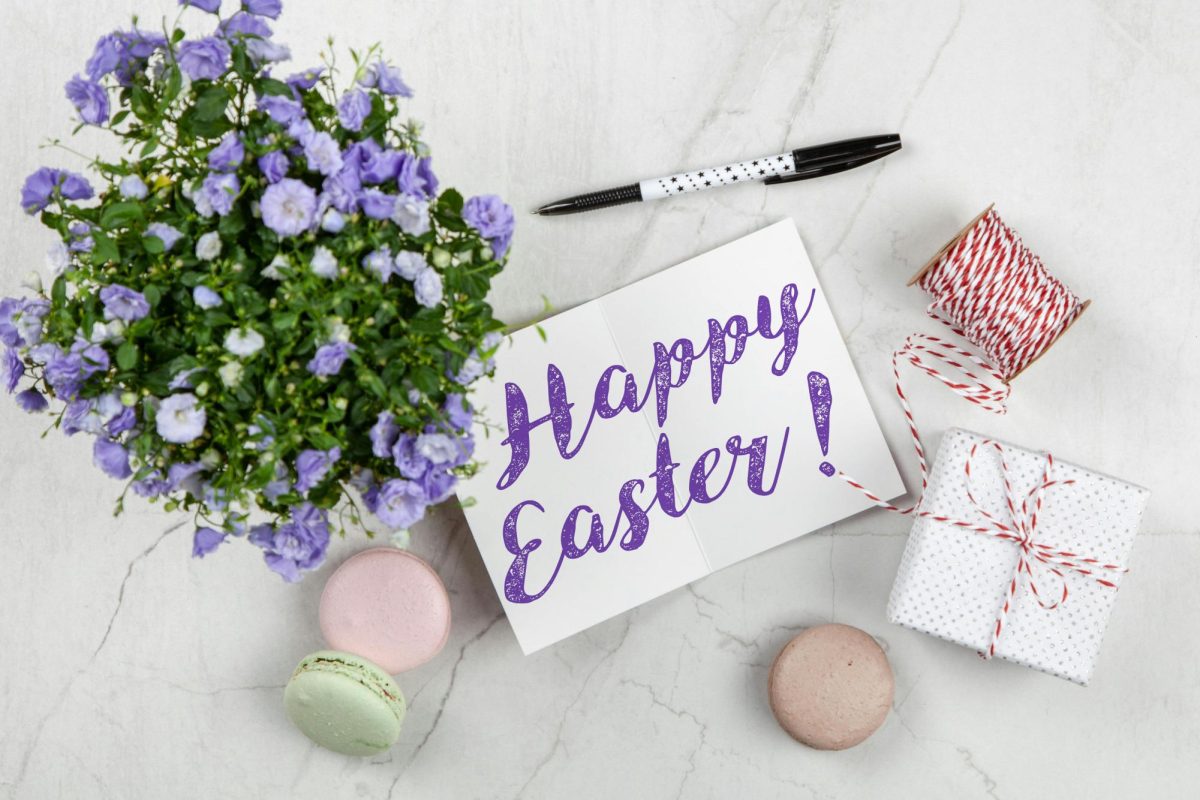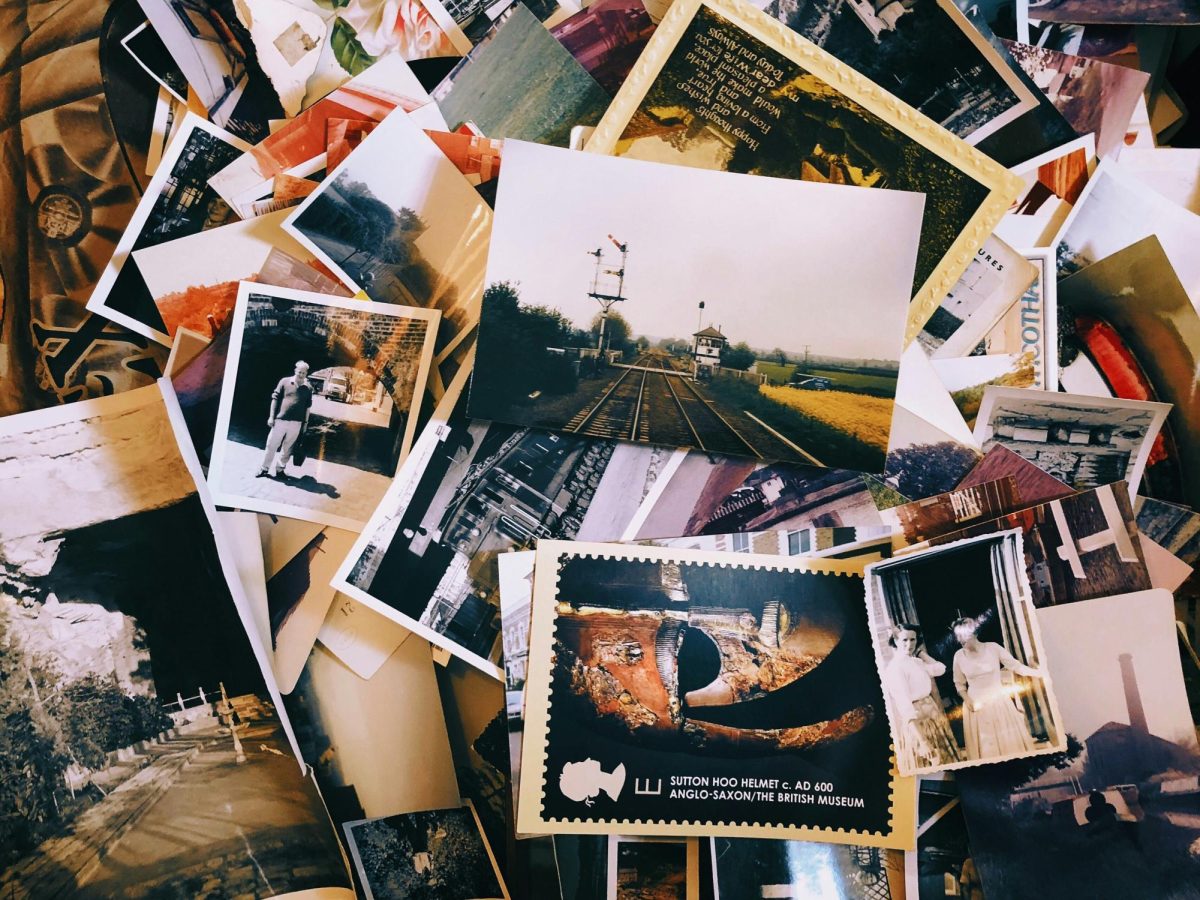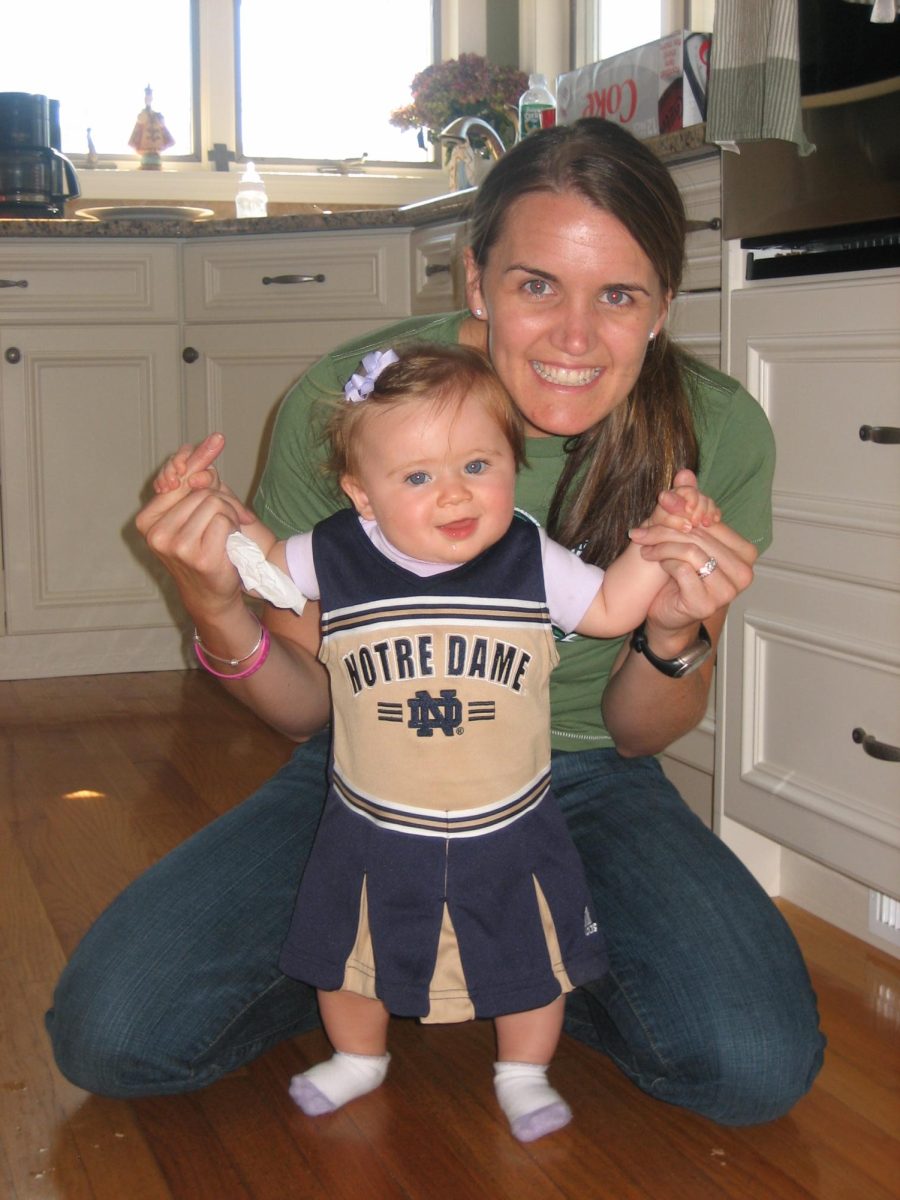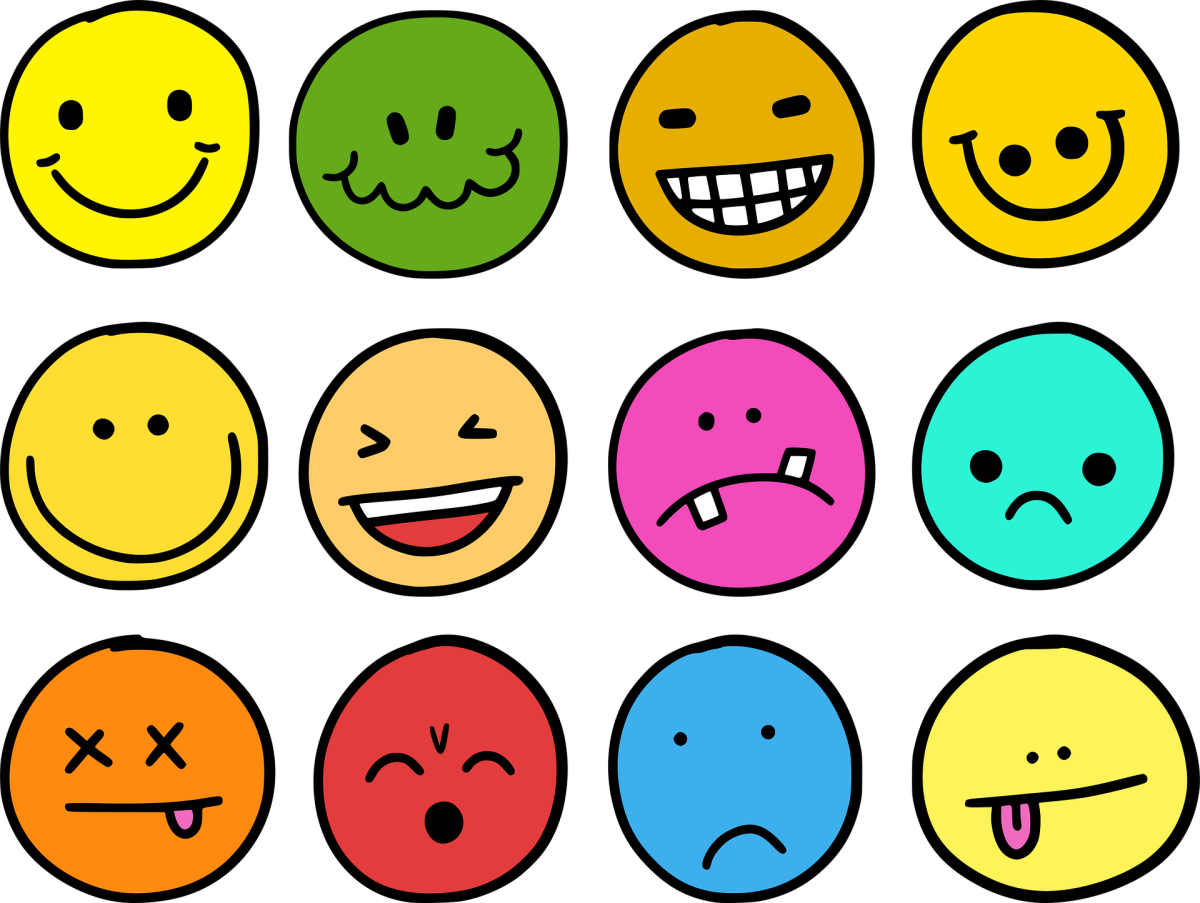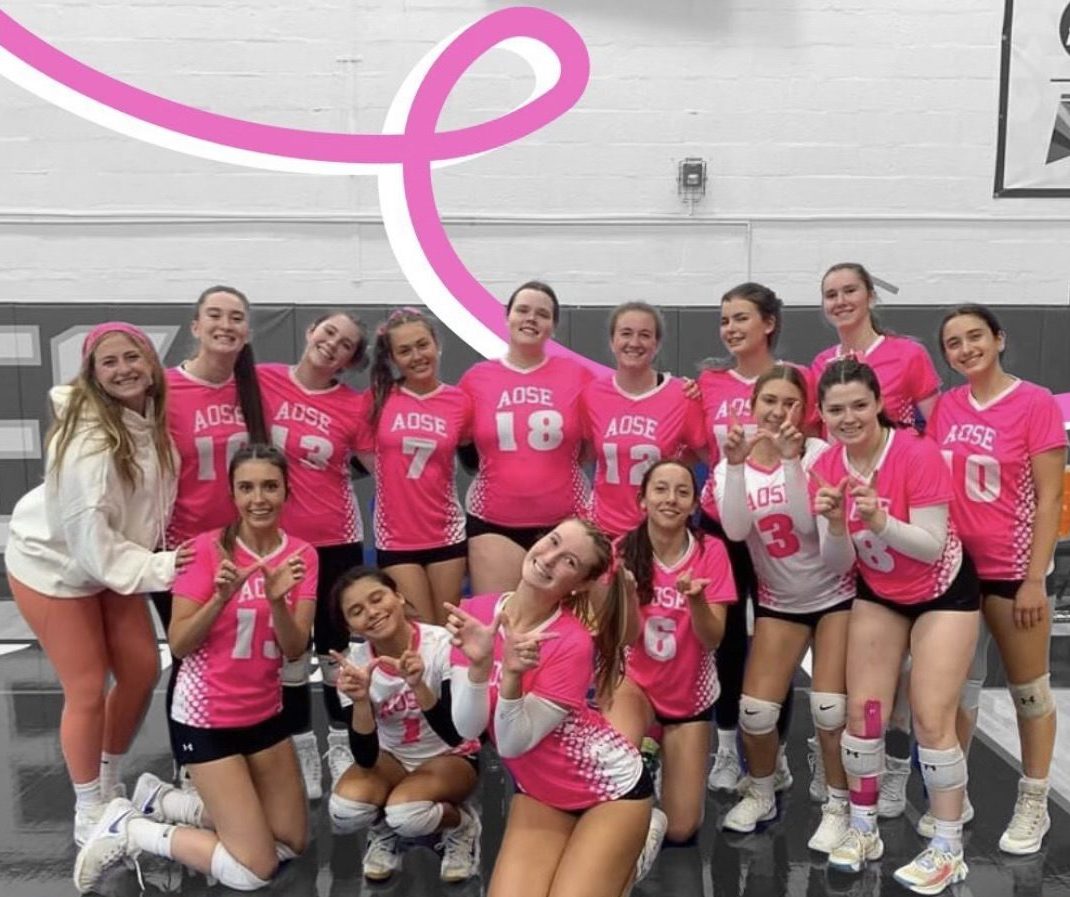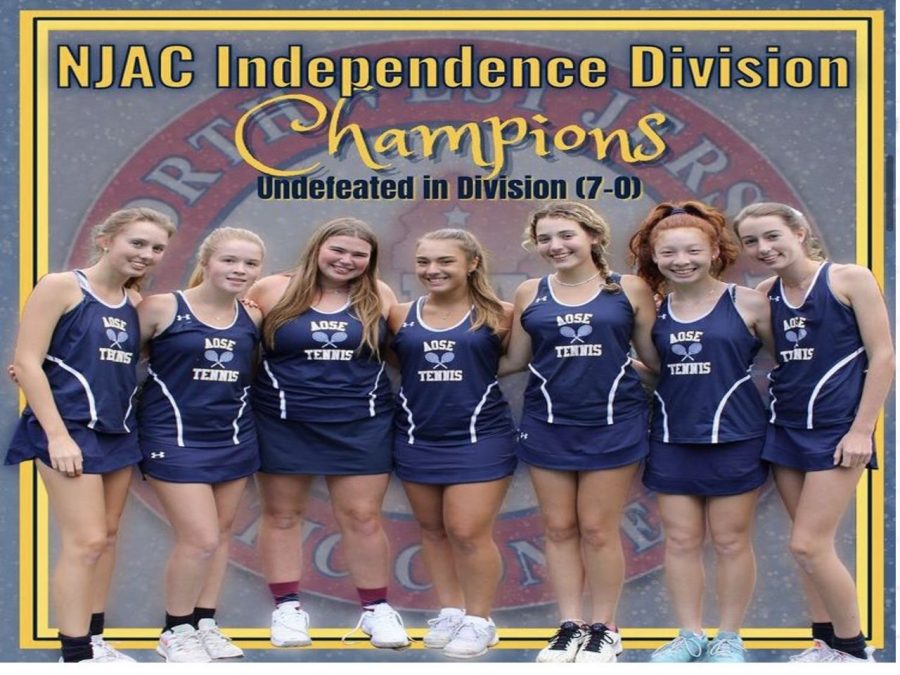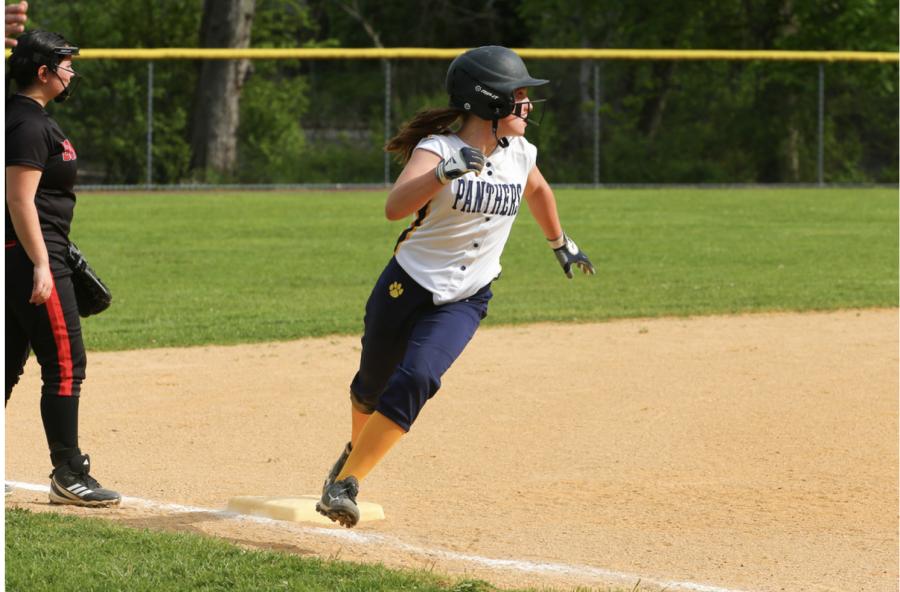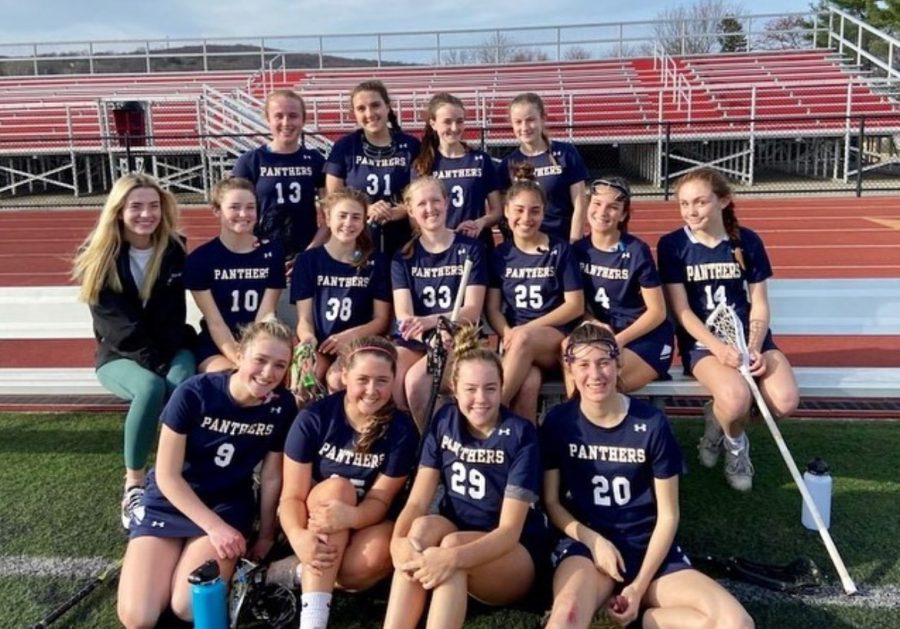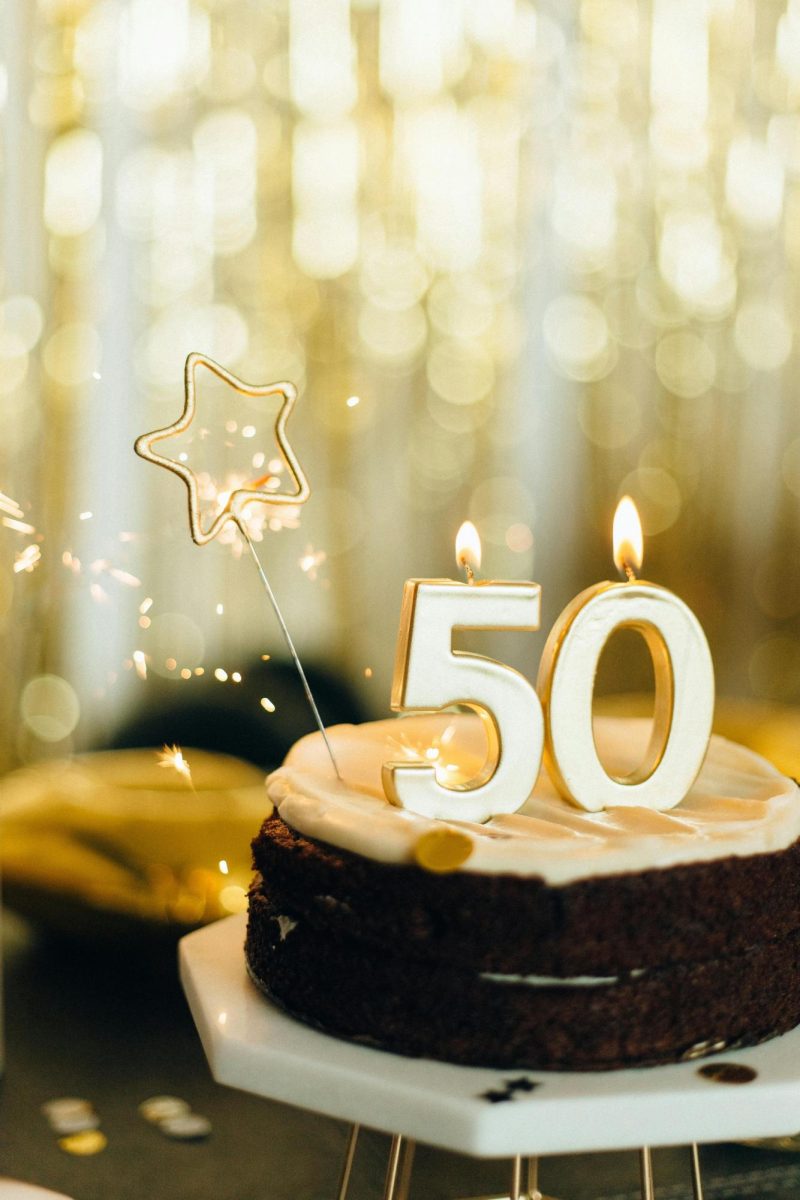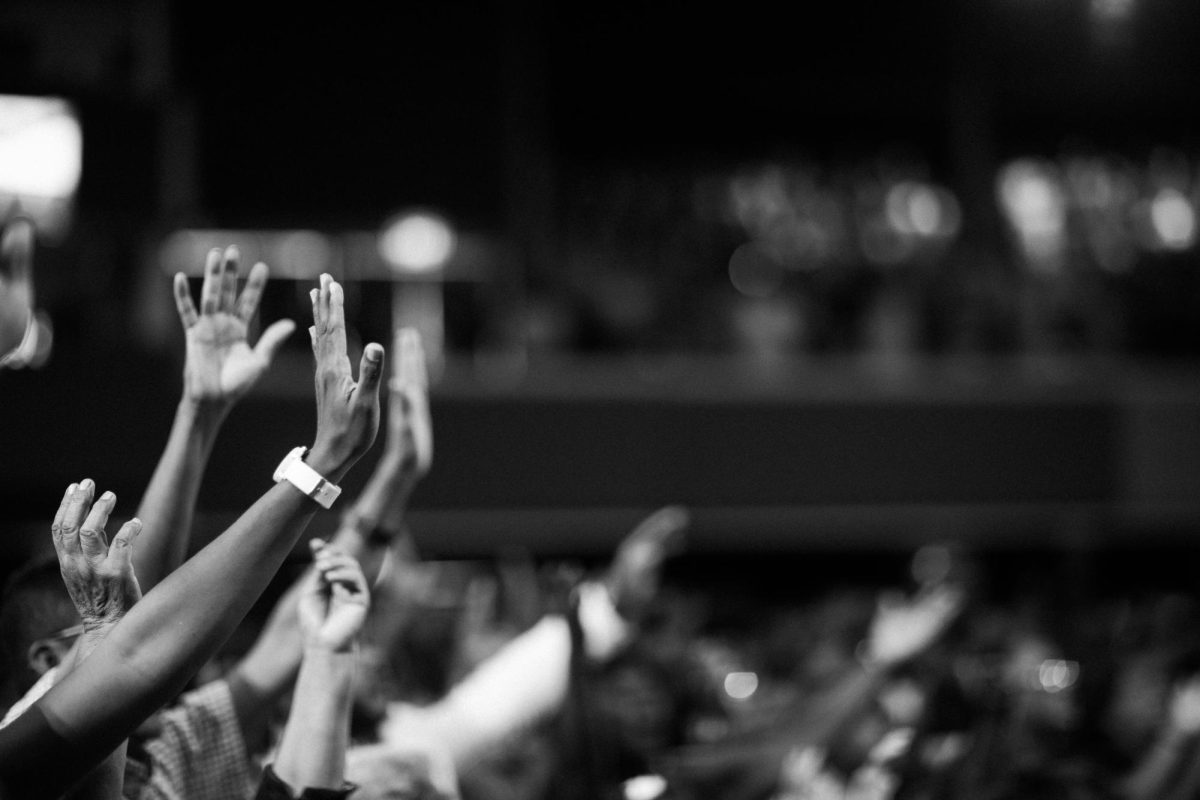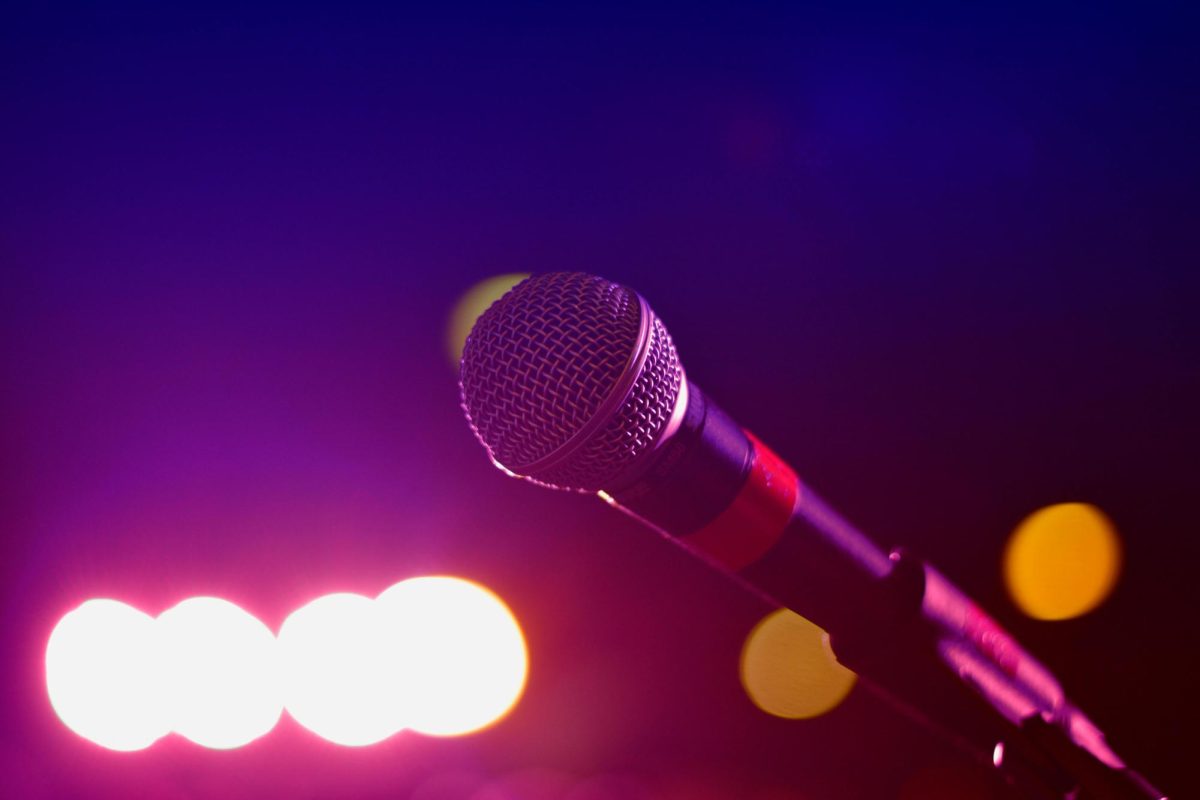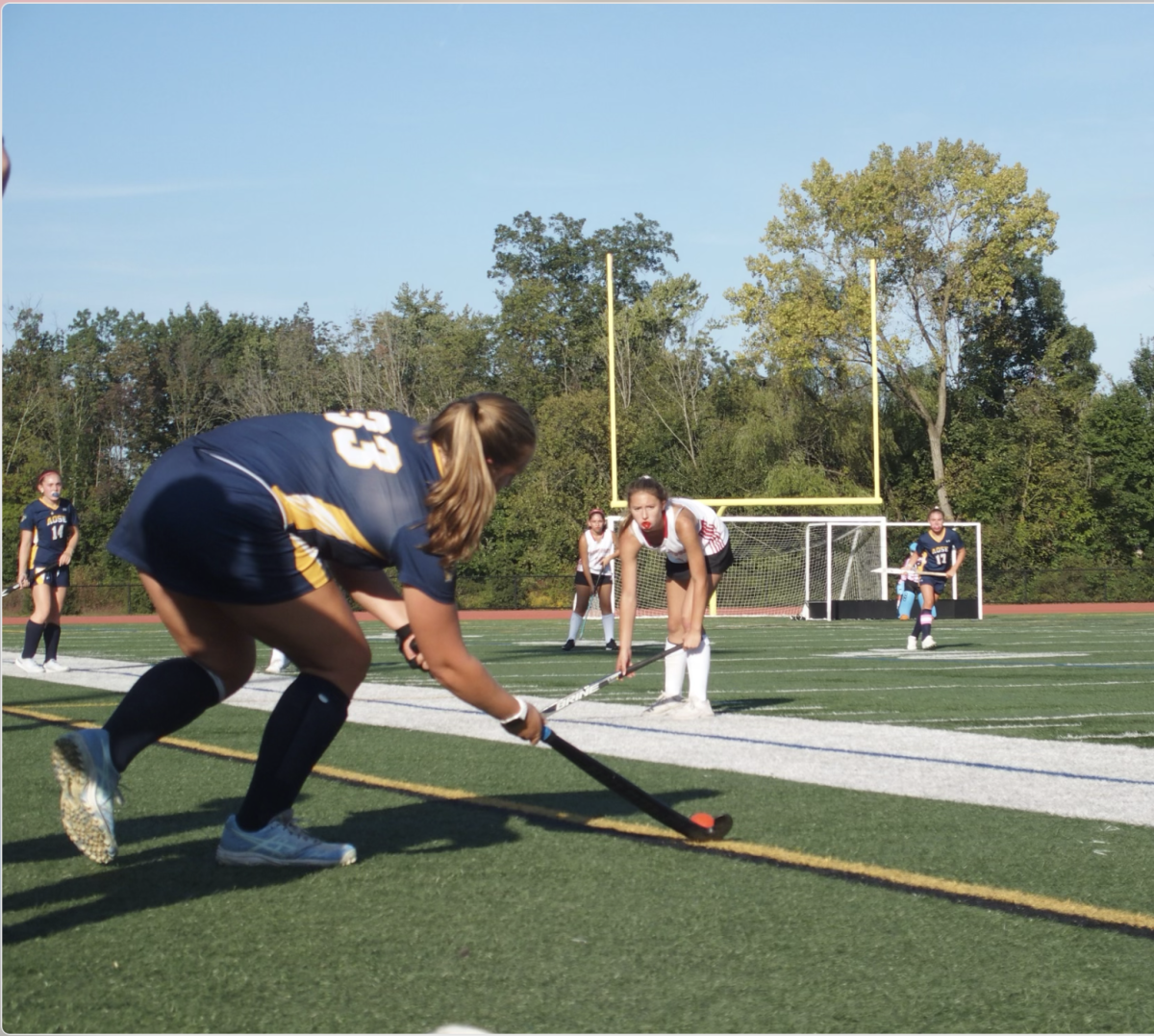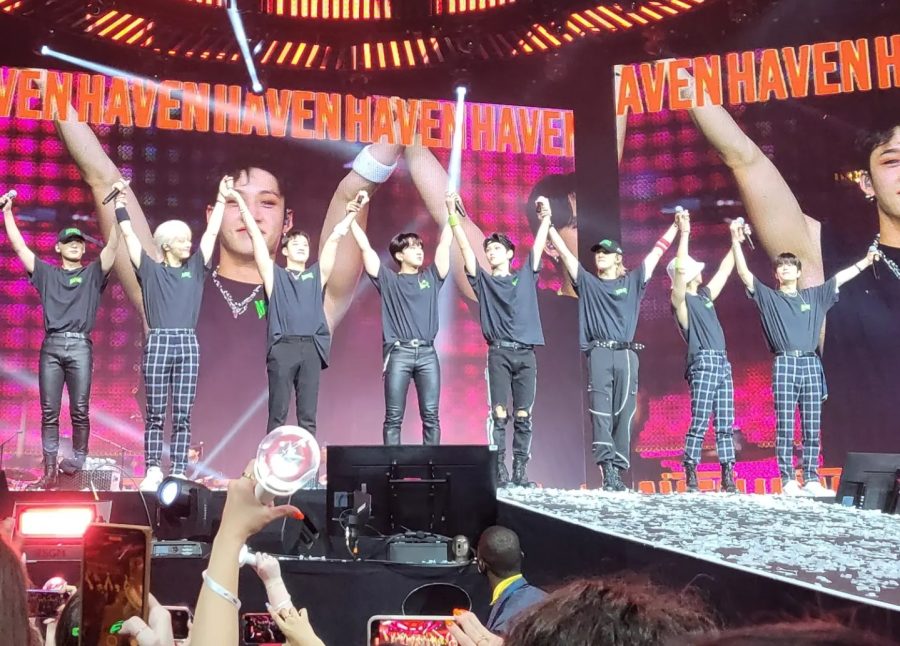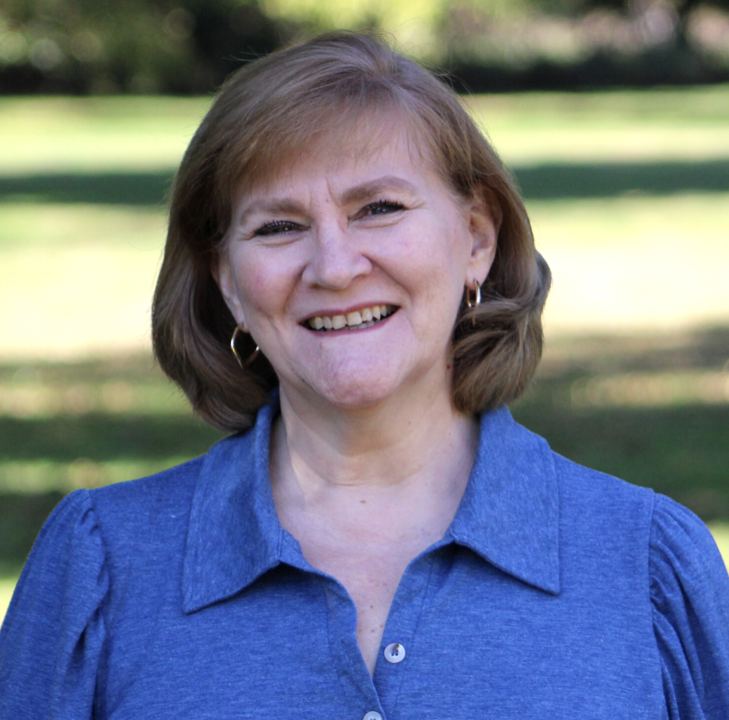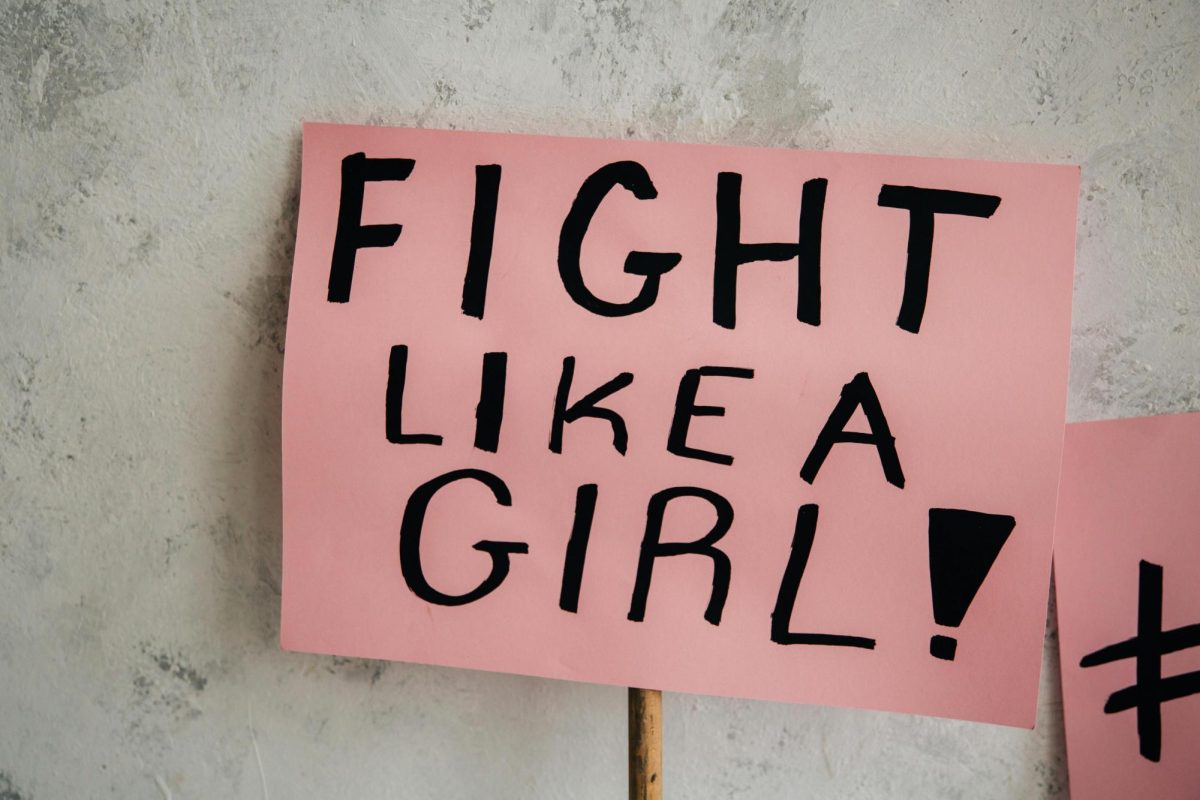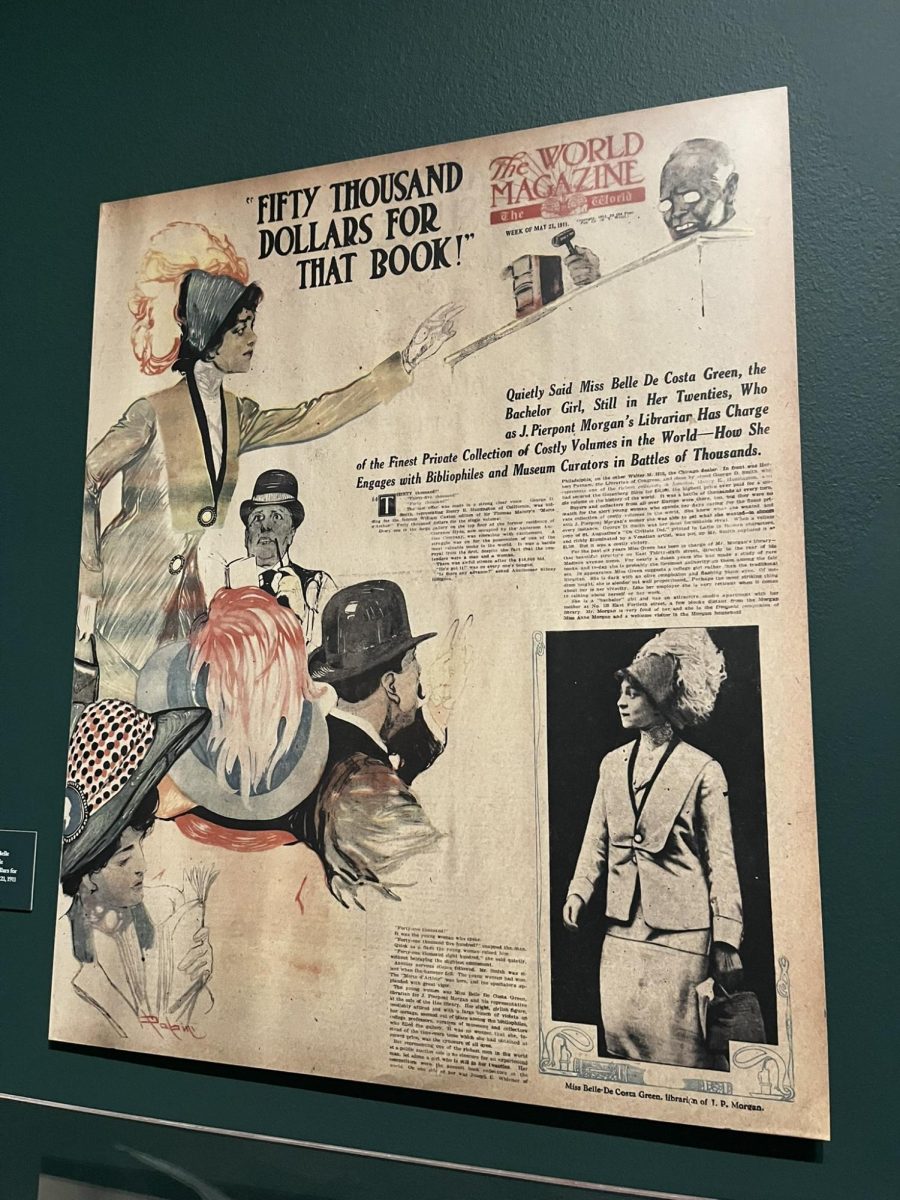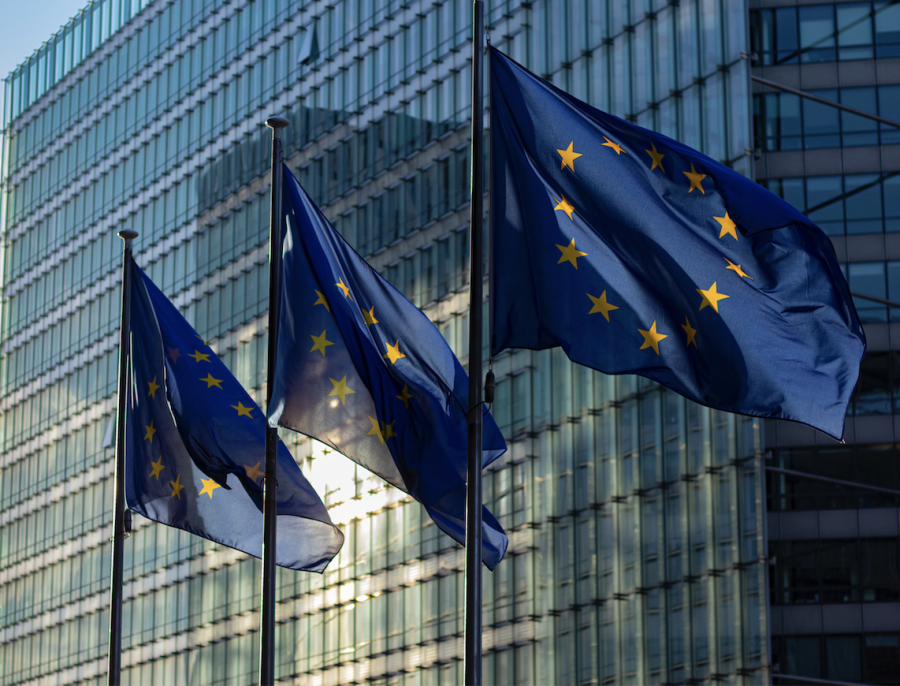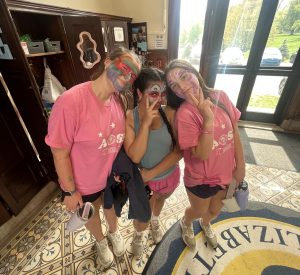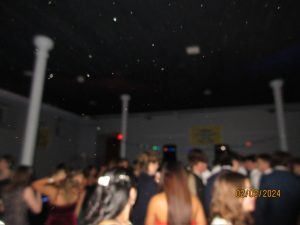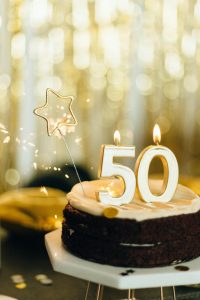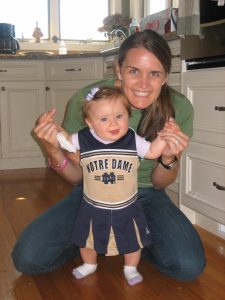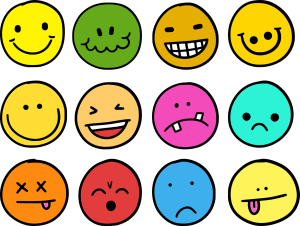A School Book… Enjoyable?
May 3, 2023
This year, sophomores in American Literature Honors read Kate Chopin’s 1899 novel, The Awakening. Despite the poor reputation school-assigned books often receive, this novel is worth reading. This novel will bring you back in history, enabling you to uncover the feminist themes that challenged the period of the novel’s release.
If you have heard of this novel, you may know about it due to the controversial public response. While that may be off-putting to some, once the feminist themes are mentioned, the once-daunting censorship of this novel becomes intriguing. Although the censorship and criticism this novel received upon its release claim to respond to the story’s mature themes, I promise that nothing in this novel is as inappropriate or appalling as the twentieth-century reviewers claim. Furthermore, we read this book in school, so if you ever worry about inappropriate content, this book is safe for you! Now that you know the novel is not as tasteless as the late 1800s society would lead you to believe, here are some spots where I think the novel truly shines.
Before I begin this section, I assure you this is a 100% spoiler-free review! So, if you are convinced to read this from what I say, you can go in completely blind if you wish.
There are a few main areas where I think this novel shines: imagery, characters, and historical backdrop. Every area comes together to support an overarching and powerful feminist message (one of which you will have to find on your own through reading the story!). Regarding imagery, Chopin does an excellent job of making the reader feel like they are truly there on a warm summer day in Grand Isle. You can practically feel the sultry air and mosquitoes all around. From the very start of the novel, something which sticks out is Chopin’s ability to create a vivid atmosphere with a particular mood attached. For example, while Edna is at Grand Isle for the summer, the mood is often peaceful and almost dreamlike. While many aspects of the story contribute to this atmosphere, the rich descriptions add to a realistic ambiance with an added inner intensity of what our protagonist, Edna, is feeling.
Next, the characters of this novel are also impeccably realistic. Something interesting about this story is that, while there are certain characters that I find to be borderline antagonists, others may disagree. I say this to speak to how realistic these characters feel, and how that aspect of Chopin’s writing often adds intensity to an otherwise soft conflict. Edna Pontellier is an incredibly layered and multifaceted character. However, there are many other characters in the story whom, while they do not receive as much attention as Edna, feel almost (or even just) as complicated and fleshed out as her. These developed and realistic characters add layers to all of the interactions that take place throughout the novel, as well as Chopin’s overall message.
Finally, the historical backdrop of this novel is often subtle but very impactful when emphasized. The setting of the late-nineteenth-century American South provides various social and political issues that Chopin does not shy away from discussing. Furthermore, the common attitude in a time of suppression and restraint adds to the intensity of Edna’s inner conflict and how that conflict builds throughout, providing an ending with many questions answered and some left up to the reader’s perusal.
Hopefully, now that you know a bit more about what makes this novel worth a read, you are adding Kate Chopin’s novel, The Awakening, to your list of books “to be read.” If you read any book off of your “TBR” list, please let it be this book (I also add hundreds of books to my TBR and never get around them), as I promise what I wrote does not compare to what makes this novel truly worthwhile: the message. Chopin’s ideas about feminism transcend her time, leading to the backlash and belittling reviews at the time of the book’s release. The themes and events that transpire throughout this novel compel you to care deeply for Edna and cause you to question the true meaning of freedom— and how freedom has played out in twentieth-century history, especially in regard to women. My message to you at the start of May is this: please, please, please read The Awakening.

